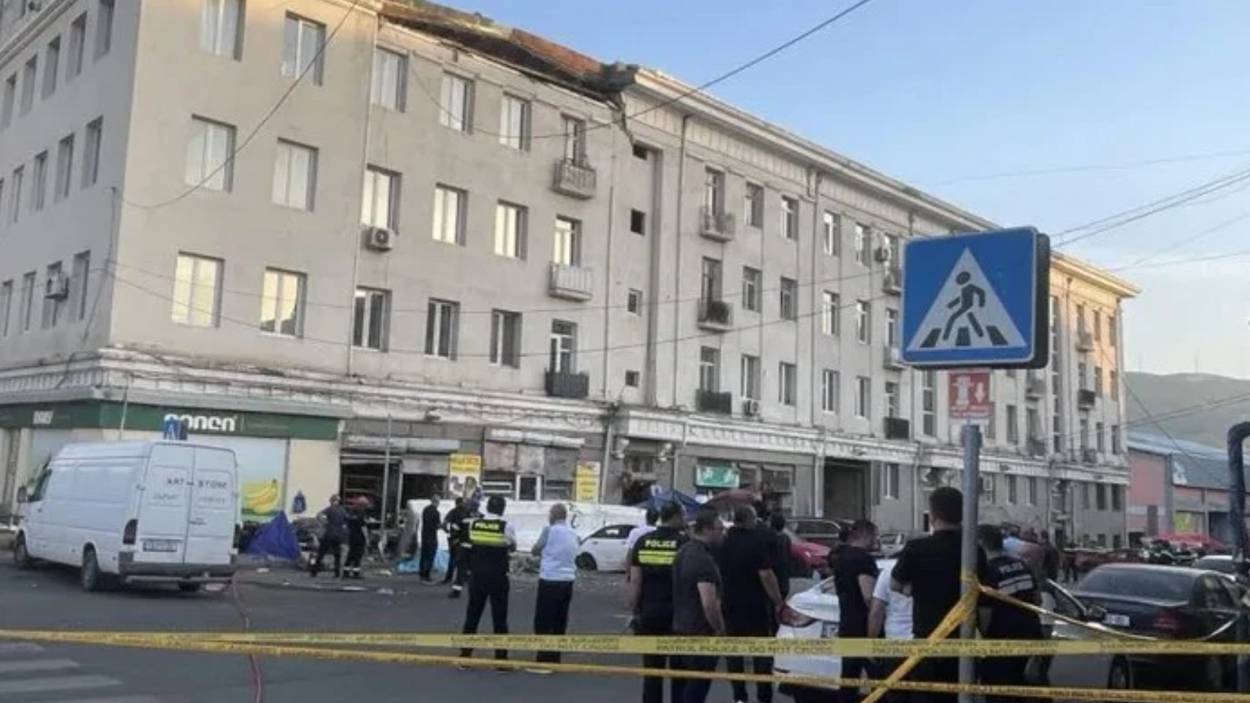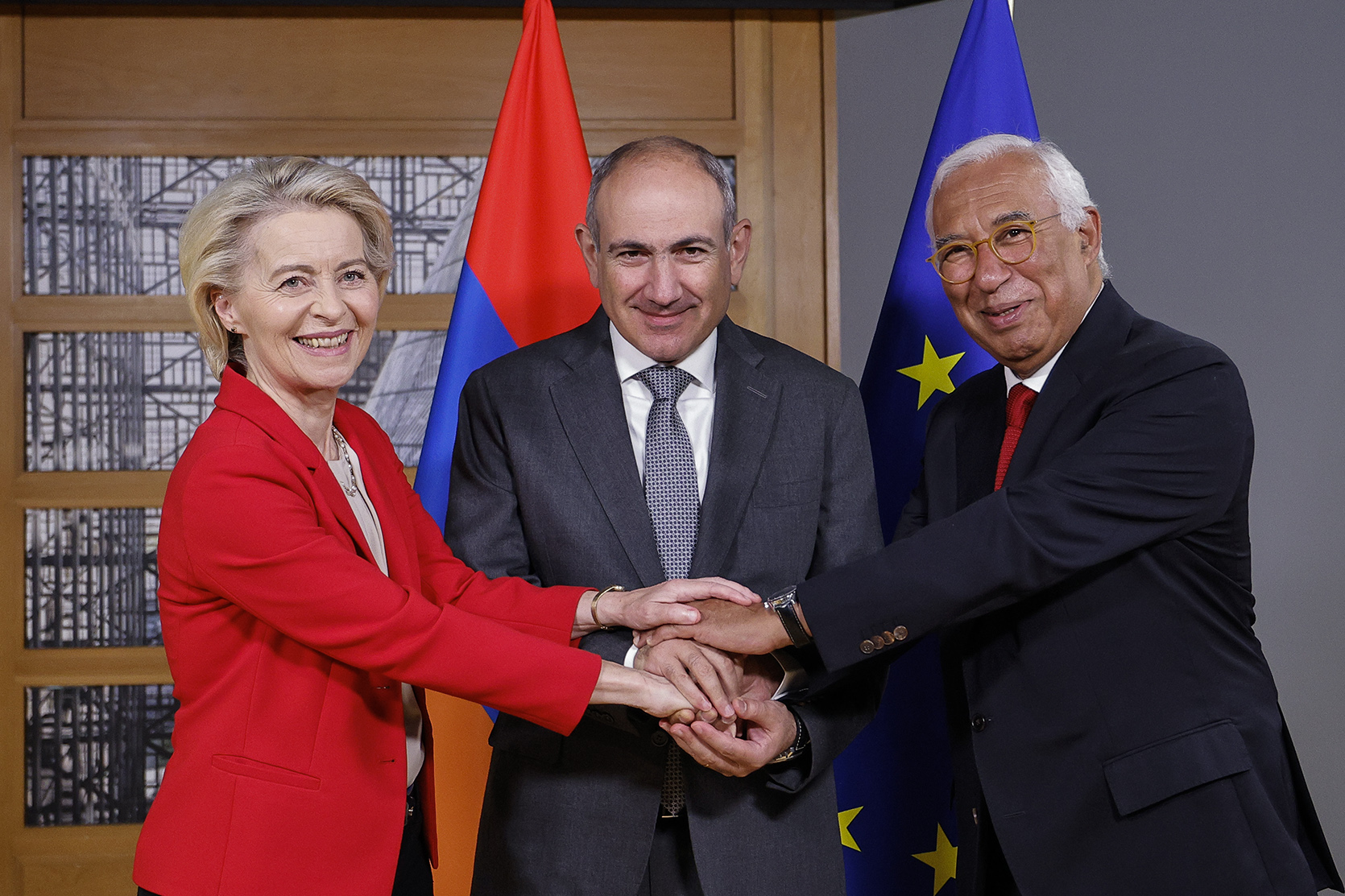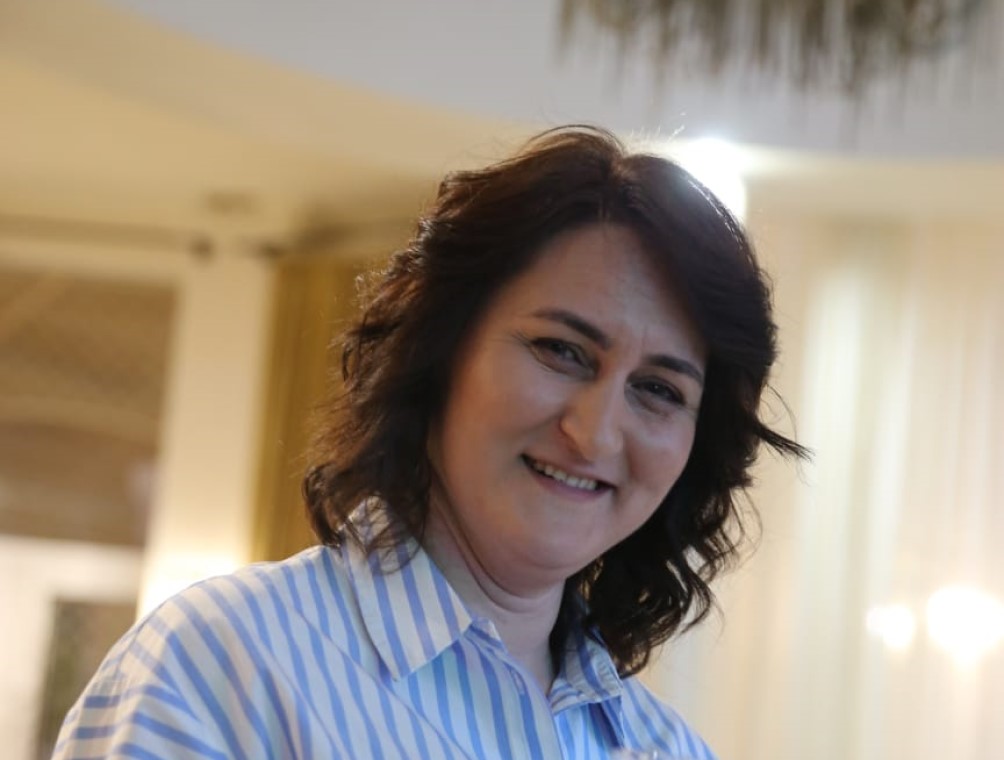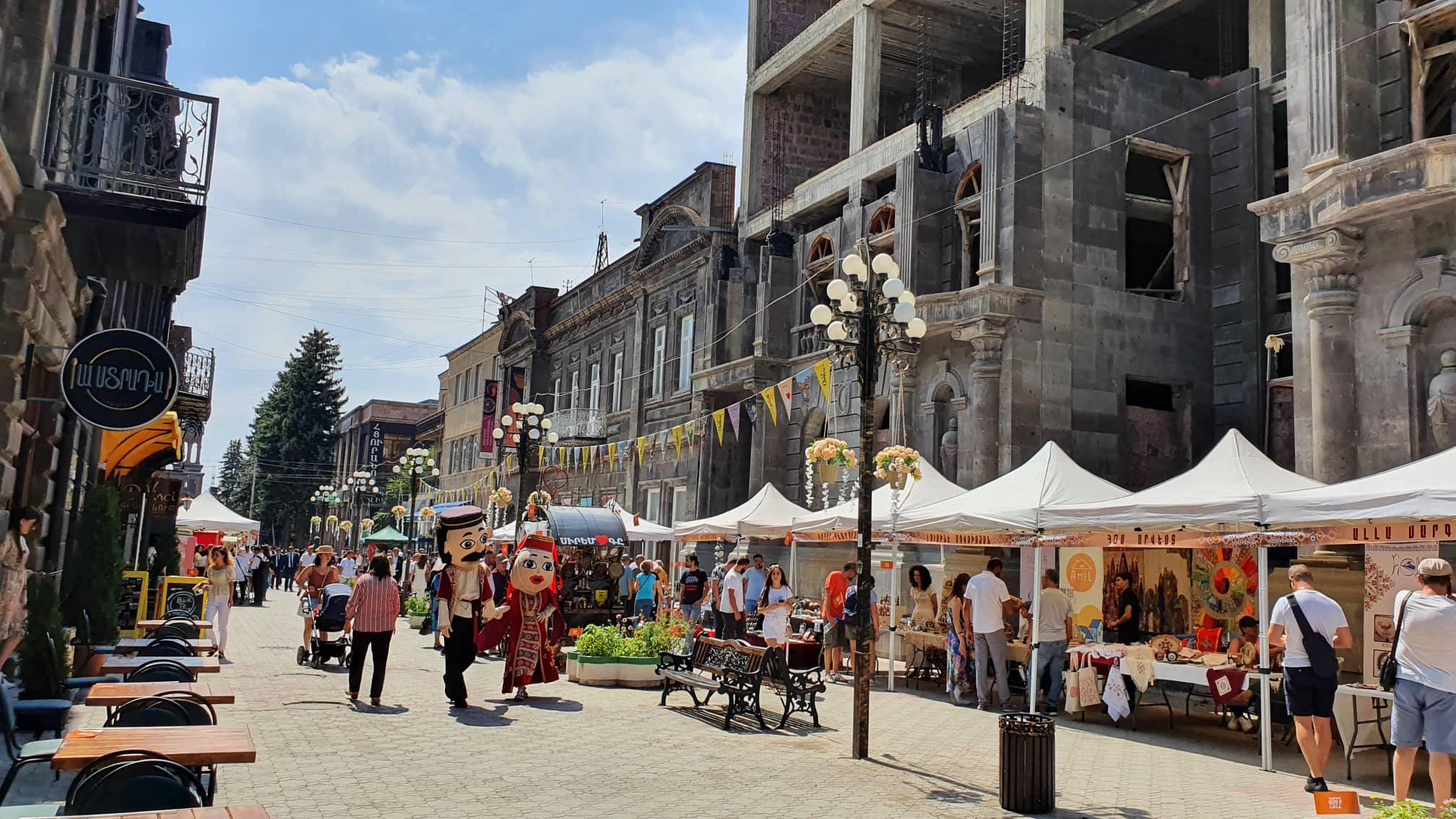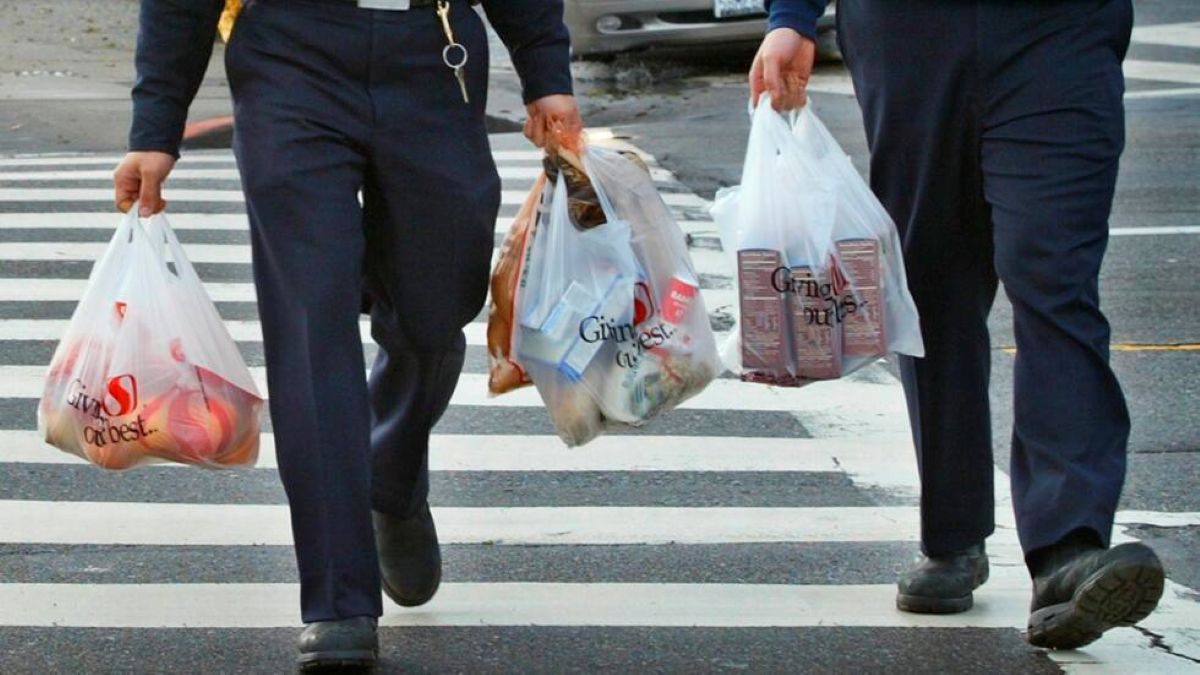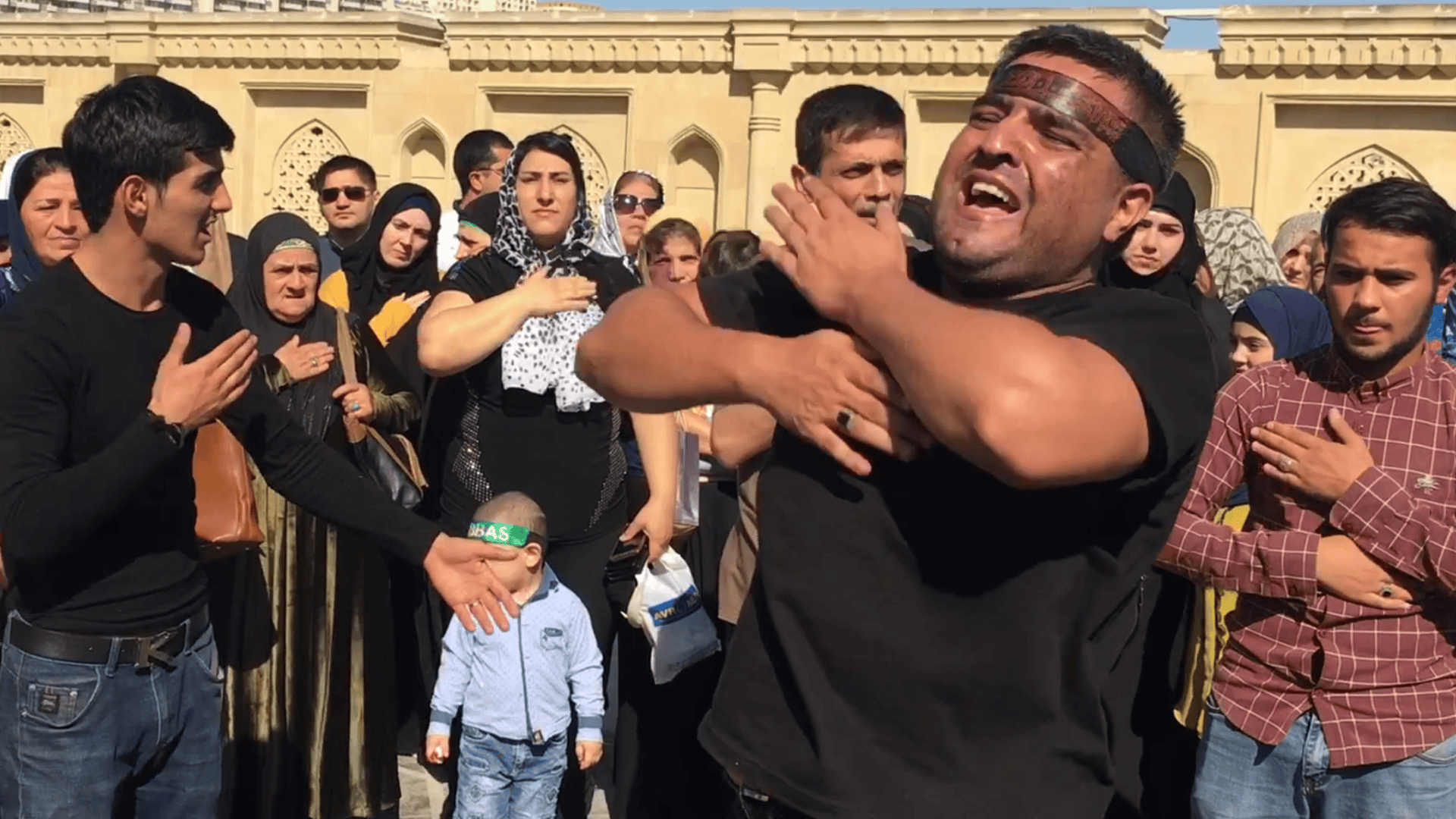Share














Most read
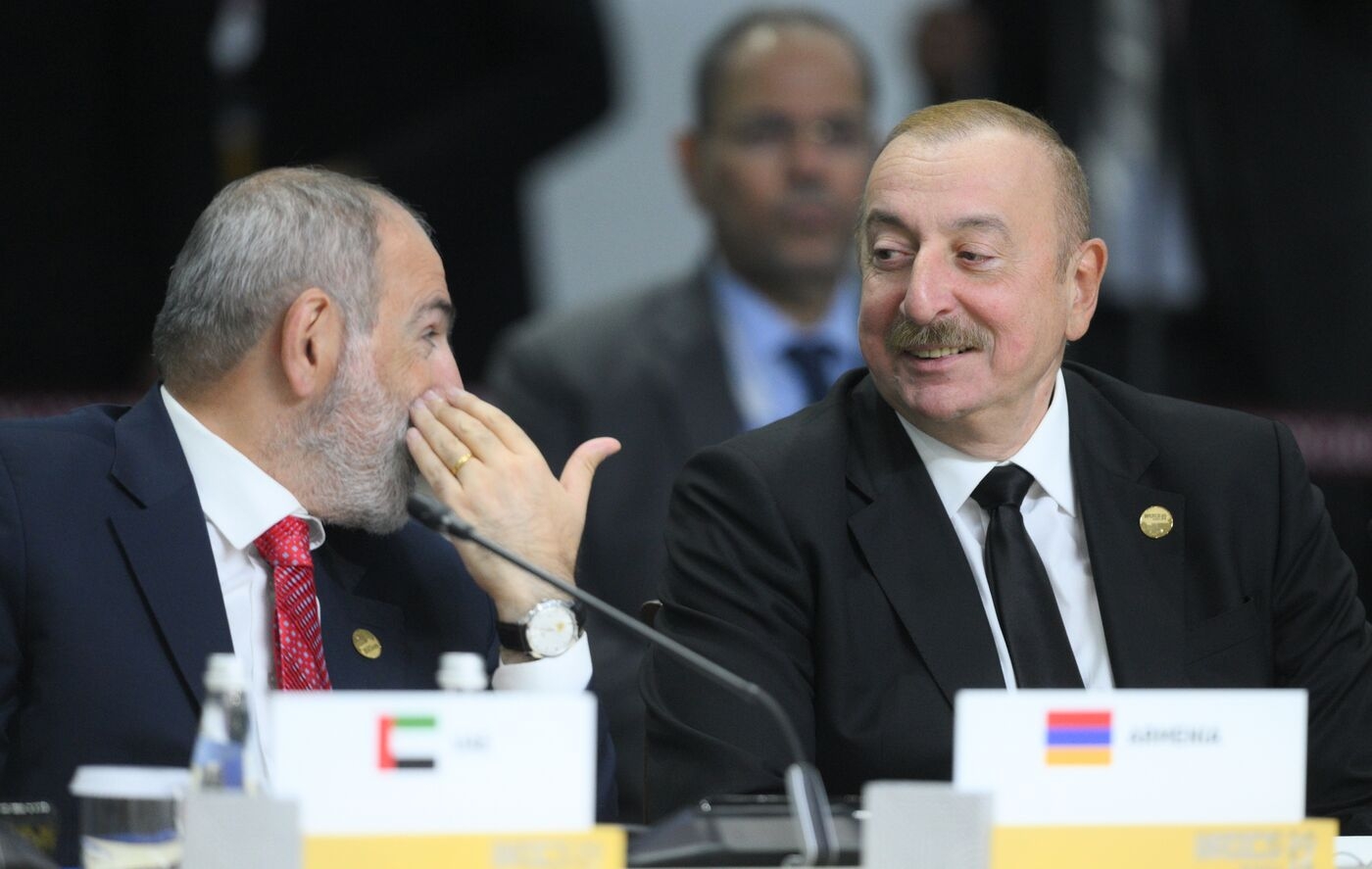
Meeting in Abu Dhabi: how close are Azerbaijan and Armenia to peace without Russia's involvement?
Top stories in Azerbaijan, Armenia, and Georgia from 7-11 July, 2025
"Nationalization of Armenia’s electric networks would collapse Russian influence": Opinion
“Baku weighing U.S. proposal”: Pashinyan-Aliyev talks in Abu Dhabi
“Silence the enemy’s voice”: Protesters in Armenia demand shutdown of Russian TV channels
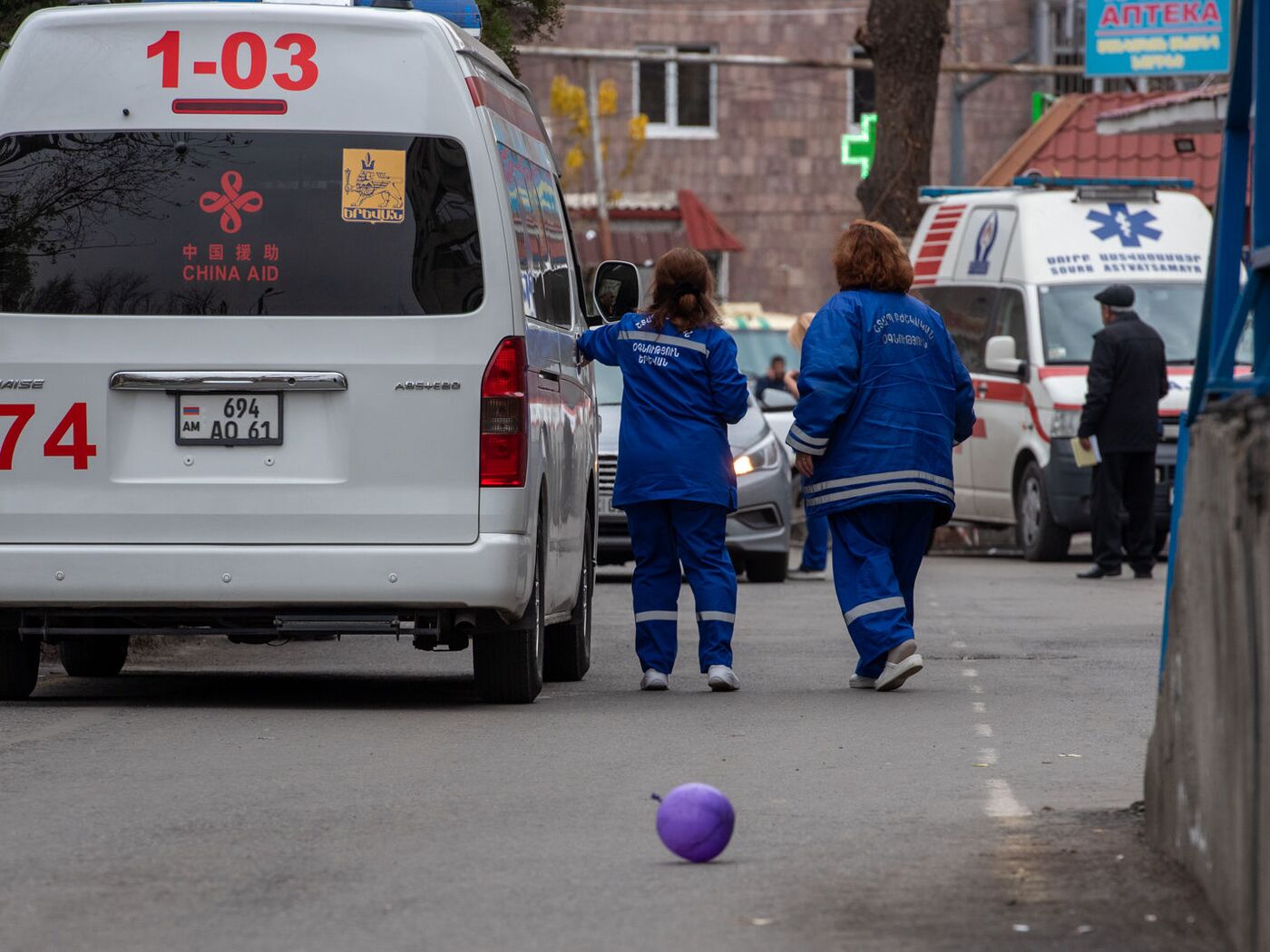
Criminalisation of violence against healthcare workers in Armenia
Two people were killed in the collapse of a residential building in Tbilisi
Opinion: "The foreign policy landscape is clearly shifting against the ruling Georgian Dream"
Latest news in Georgia, Armenia, Azerbaijan, summary. Live
EU investments in Armenia to reach €2.5 billion: meeting in Brussels




